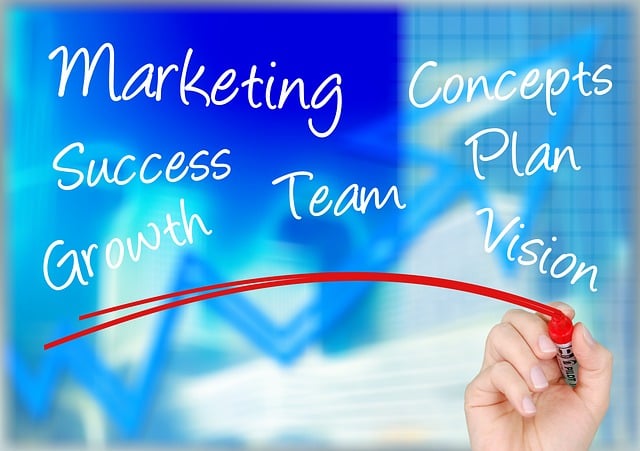“Revolutionize your vehicle repair business with AI marketing automation—the game-changer for modern workshops. This article guides you through harnessing the power of artificial intelligence, focusing on its benefits for efficient scheduling. We’ll walk you through a step-by-step implementation process and provide insights into measuring success. Discover how AI systems can optimize your car repair services, reducing wait times and enhancing customer satisfaction. By the end, you’ll be equipped to transform your business and stay ahead in the digital era.”
- Understanding the Benefits of AI Systems for Scheduling in Car Repair Businesses
- Implementing AI Marketing Automation: A Step-by-Step Guide
- Measuring Success and Optimizing AI Strategies for Vehicle Repair Services
Understanding the Benefits of AI Systems for Scheduling in Car Repair Businesses

Implementing AI systems for scheduling in car repair businesses offers a myriad of benefits that can streamline operations and enhance customer satisfaction. These intelligent tools can automatically manage appointments, reducing manual effort and potential errors. By analyzing historical data, AI algorithms predict demand patterns, enabling efficient resource allocation and minimizing wait times. This ensures that customers are scheduled promptly, improving overall efficiency.
Moreover, AI systems can integrate with existing management software, providing a seamless experience. They can send reminders, optimize staff schedules, and even offer alternative appointment slots when changes occur. Such automation liberates staff from administrative tasks, allowing them to focus on more complex repairs, ultimately elevating the quality of service provided.
Implementing AI Marketing Automation: A Step-by-Step Guide

Measuring Success and Optimizing AI Strategies for Vehicle Repair Services

Measuring success is a critical aspect of optimizing AI strategies for vehicle repair services. By tracking key performance indicators (KPIs), such as appointment adherence rates, customer satisfaction scores, and reduced wait times, businesses can gauge the effectiveness of their AI systems for scheduling in car repair businesses. Regular analysis of these metrics allows for data-driven adjustments to algorithms and workflows, enhancing overall efficiency.
Continuous optimization is essential to stay ahead in an evolving market. Repair shops should experiment with different AI algorithms, refine customer communication strategies, and adapt to changing consumer preferences. Leveraging machine learning capabilities can enable AI systems to learn from historical data, identify patterns, and predict future trends, ultimately leading to improved service delivery and a competitive edge.
